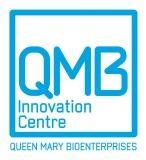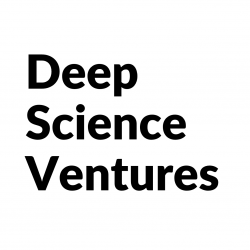The announcement that a vaccine might be available before the end of the month that works and is safe changed everything - and nothing. The optimists in markets decided that the news would be confirmed and get better. The vaccine they think will complete its trials, it will pass its safety test and the Regulators will wave it through into use many months short of the normal trial periods. It would they hope be followed by one or two more vaccines that could similarly be fast tracked, as if one company can find a way to stop the disease, so surely must others be able to do the same.
If you think forward to a time when most people who want to are vaccinated, and when Covid 19 has gone away or is well under control for want of more people to infect, you can sketch a return to normal in a wide range of areas. People will fly on holiday again, tourism and hospitality will flourish, and maybe more business will be done face-to-face after all. Shares and sectors which have been badly damaged by the current absence of customers, the shortage of turnover and the outright bans on opening should bounce substantially as investors see they will return to better turnover, cashflow and profitability after the crowds return to use them. This is why the shares of wounded companies bounced so much.
In the shorter term, however, nothing has changed. We await the successful completion of trials, and await the difficult decison of the Regulators as to whether there has been sufficient proof of the safety and efficacy of this product. All may go well on these fronts as there is huge establishment pressure for this to work. There remain substantial manufacturing and logistics issues with producing and delivering this vaccine to enough people to allow full relaxation of social distancing and business controls. The vaccine needs to be kept at much lower temperatures than normal surgery fridges, and will require special transport and storage. The whole world wants this vaccine so each individual country will be rationed. In the first instance the vaccine will probably be used for the most vulnerable and for health workers, and will not be available for the majority. This will make governments cautious about sounding the all clear, and will leave us still fighting the virus for the months ahead through the current chosen methods of reducing social contacts and enforcing various lockdowns. The addition of other vaccines on the approved list would help speed the transition.
Nor is it guaranteed that we will pass effortlessly and easily back to the old normal in many areas. Online shopping will keep some of its accelerated gains, and High Street chains weakened by periods of closure for the pandemic, will cut stores or go out of business more rapidly. There will be some return to the office, but more homeworking is likely to become entrenched now people have worked out how to do it and see that it brings them welcome flexibilities. The Green revolution will remain a serial disrupter of all the carbon based businesses from oil and gas production through conventional cars to filling stations and the domestic boiler business, especially if, as the markets expect, Mr Biden does become the official President elect. The response to Covid 19 speeded up changes and trends that were underway before February 2020. The passing of Covid if that is what happens, will not change many of those trends. We have yet to see just how much debt the worst affected companies have taken on to get through long lockdowns with little or no revenue. Whilst governments can borrow at around zero, higher risk companies have no such luxury. There will be more capital reconstructions, re-financings and bankruptcies before this disease is played out.
It looks as if the new establishment in the USA and the Europeans are keen to see a vaccine or two up and running. It is likely that as we enter the spring in the northern hemisphere next year the virus will be on the wane again allowing a more relaxed policy stance. This is worth some progress by shares in sectors that will recover when the pall of the virus is removed. It also means less special growth rates for the lockdown winners in technology that provided the online alternative. It does not however mean an end to the digital or green revolutions, and does not guarantee the survival of all those hospitality, travel, tourism and lesiure businesses that have been damaged by events so far. A bit more balance in share portfolios makes sense, but buying up all the problem companies will still leave you with plenty to worry about in the portfolio as we work through the slow progress of vaccine adoption, and the long tail of inherited damage from the disruptions so far.























